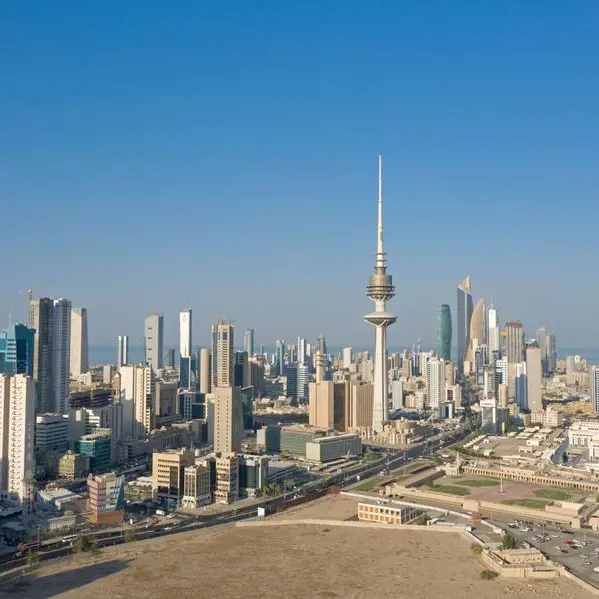PHOTO
THE Court of Cassation is a court of law, not a court of merits, in accordance with the established Kuwaiti law. Its primary objective is to ensure that the rulings issued by first-degree and second-degree courts are legally sound and free from errors. Hence, its decisions and the justifications behind them are considered precedents that can be built upon in the future.
In a major ruling, the highest court stated that the debt-based travel ban imposed on a citizen is unlawful, unconstitutional, and inhumane. This conclusion is based on a widely recognized principle - The highest court identifies legal flaws and seeks to rectify them, rendering its decisions final and beyond challenge.
The lower courts must adhere to these rulings, meaning they should not impose travel bans on any citizen regardless of the debt amount or the individual’s financial status. The principle is that every citizen has a rightful place in their homeland and the right to travel and return as they see fit.
A travel ban should only be applicable in cases where a citizen has committed a serious felony, such as murder, forgery, fraud, or offenses against national and internal security, including high treason.
Based on this, the Court of Cassation has established a legal foundation that judicial circuits must consider when formulating their rulings to avoid contradicting the principles set by the Court of Law.
Therefore, the ruling against preventing a citizen from traveling should be foremost in the minds of all those involved in public affairs.
From this perspective, it is the responsibility of the Supreme Judicial Council, as the judicial authority, to amend the law and rectify any existing deficiencies. Alternatively, it should refer any necessary amendments to the Council of Ministers to prevent inconsistencies in rulings.
We must return to the reality of travel restrictions, which have been widely used in recent decades to limit citizens’ freedom of movement. As reported on multiple occasions in various newspapers, is it reasonable to stop someone from traveling over a debt of just KD 100?
Even if the debt is KD 20,000, KD 100,000 or even KD one million, no individual should be prevented from traveling, as they may have interests abroad that could enable them to repay their debts.
This practice is regarded as an unpublicized form of imprisonment and a restriction on freedom of movement in every nation on earth.
Kuwait’s continued reliance on this legal flaw, despite the Court of Cassation deeming it unlawful, represents a persistent influence of a deep state, usurers, and self-serving individuals. For years, these entities have shackled citizens with loans, cheques, and other financial burdens in order to take away their will and means of subsistence.
When a citizen is imprisoned or prevented from traveling, it effectively cuts off their means of livelihood. If they are incarcerated or confined within their own country, how can they generate the funds needed to pay their debts?
This is why many countries in the world have prohibited physical coercion and restrictions on the freedom of movement for individuals who need to earn a living and repay what they owe.
This means empowering individuals to overcome the obstacles placed before them by creditors who work based on the rule of “a drowning man will clutch at a straw”, showing little regard for the hardships faced by others.
There is no doubt that the ruling of the Court of Cassation is a landmark decision that is written in gold, and cements a legal rule that has become obligatory. It cannot be overturned regardless of the circumstances.
Therefore, the concerned institutions, particularly the current Council of Ministers, which now holds both legislative and executive authorities, must adopt this ruling and amend the law accordingly.
This is because the basis of our legal system is rooted in mercy, fairness, and the pursuit of justice, rather than transforming state institutions, including security and judicial bodies, into mere tax collectors serving the interests of creditors, especially loan sharks.
Arab Times | © Copyright 2024, All Rights Reserved Provided by SyndiGate Media Inc. (Syndigate.info).





















